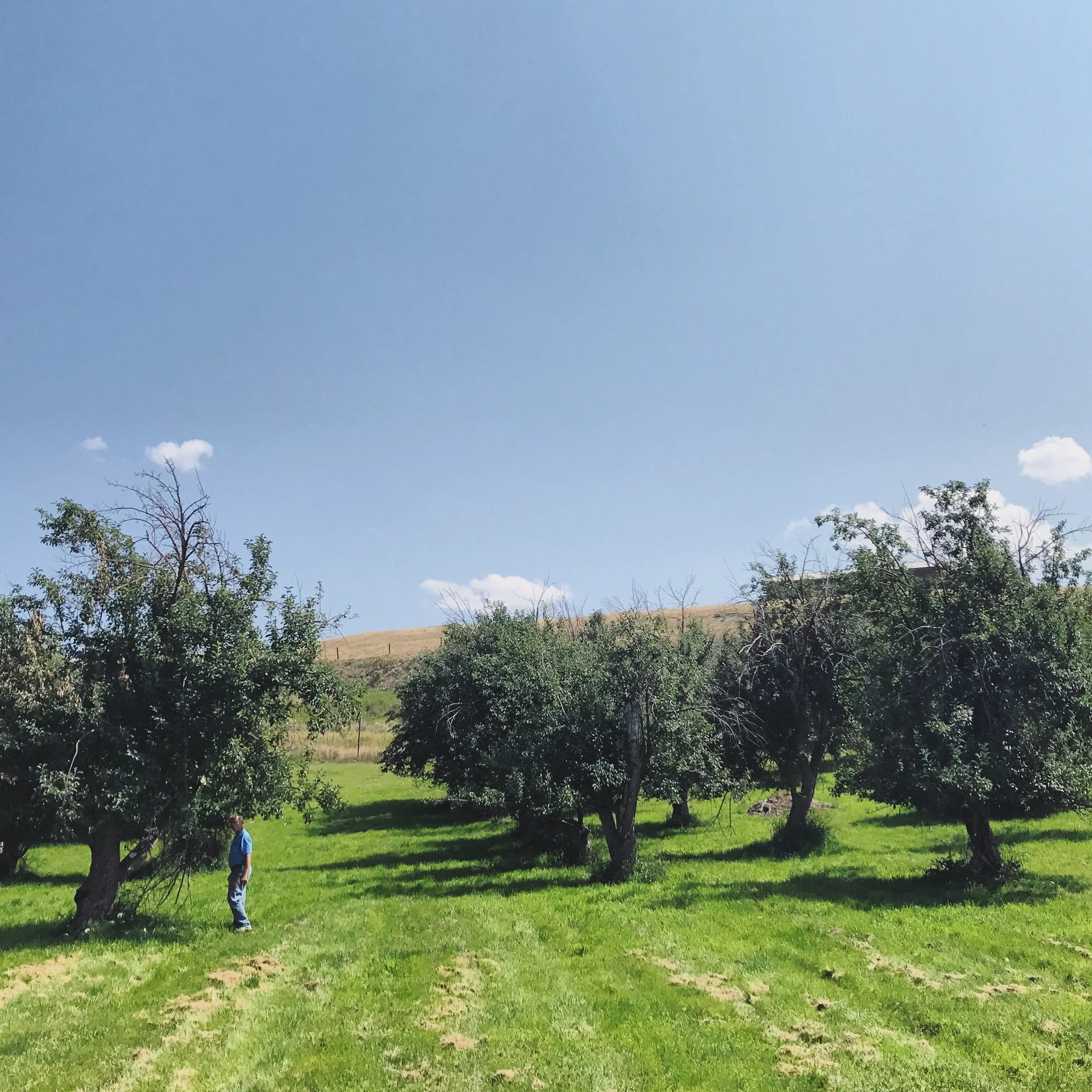Like many other fruit and vegetable crops, apples have experienced a severe loss of cultivar diversity over the last several decades. Of the 15,000 to 16,000 apple cultivars likely grown in North America, only about 20% of unique apple cultivars remain. Of the remaining, 81% are now “endangered” in the marketplace, with only one to three nurseries offering these cultivars for sale to growers.
Montana has a rich history of fruit production. When homesteaders moved west and settled their land, one of the first things they did was plant fruit trees. As land has changed hands, been divided, and developed, many of the orchards have been forgotten and neglected.
In Montana, Montana State University Extension is leading the charge to identify and preserve the heritage orchards that still exist through their Montana Heritage Orchard Program. The designation of Heritage Orchard gives landowners recognition, and helps preserve and propagate the unique fruit tree cultivars.
For those interested, the program also fosters agro-tourism. Participation in agro-tourism efforts is not a requirement of the program. For a location to be considered as a Backyard Heritage Orchard, there must be at least six living trees that are 50 years or older. Preference is given to locations that have more trees and are located in central or eastern Montana, at least initially. Orchards with at least ten live trees 50 years or older qualify as Farmstead Heritage Orchards.
Tasting the apples on our tour of a Farmstead Heritage Montana Orchard
For a geographic inventory of the Montana orchards, check out the Montana Orchards Map.
This summer we had the opportunity to tour one of Montana's Heritage Orchards. The Yellowstone Springs Ranch orchard is currently undergoing the process of genetic testing to determine and catalog the exact cultivars of trees.
If you think you may have a heritage orchard on your property or would like to learn more about the efforts to save and restore historic cultivars, contact the following people: Brent Sarchet (406)447-8350, bsarchet@montana.edu; Toby Day (406)994-6523, toby.day@montana.edu .


